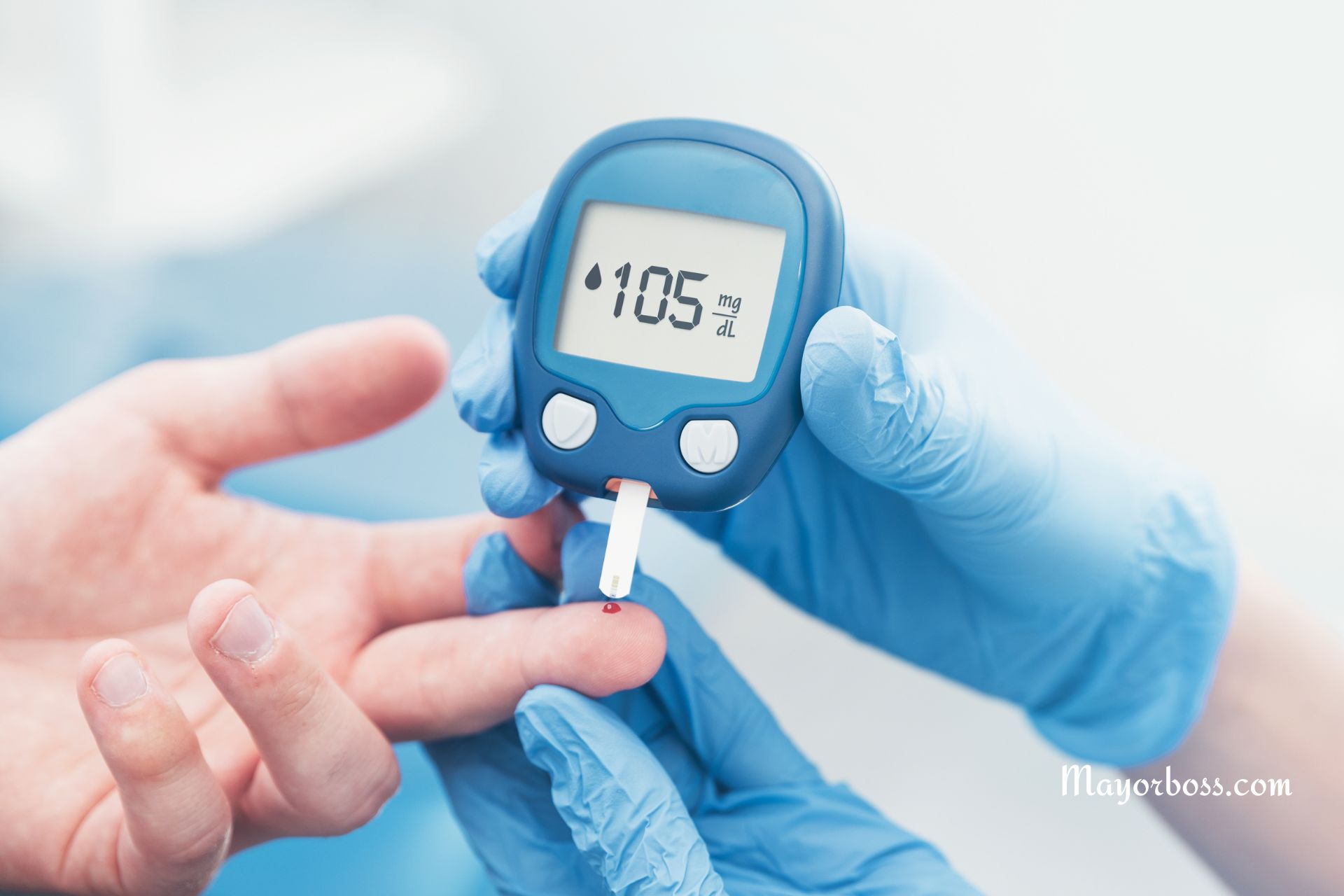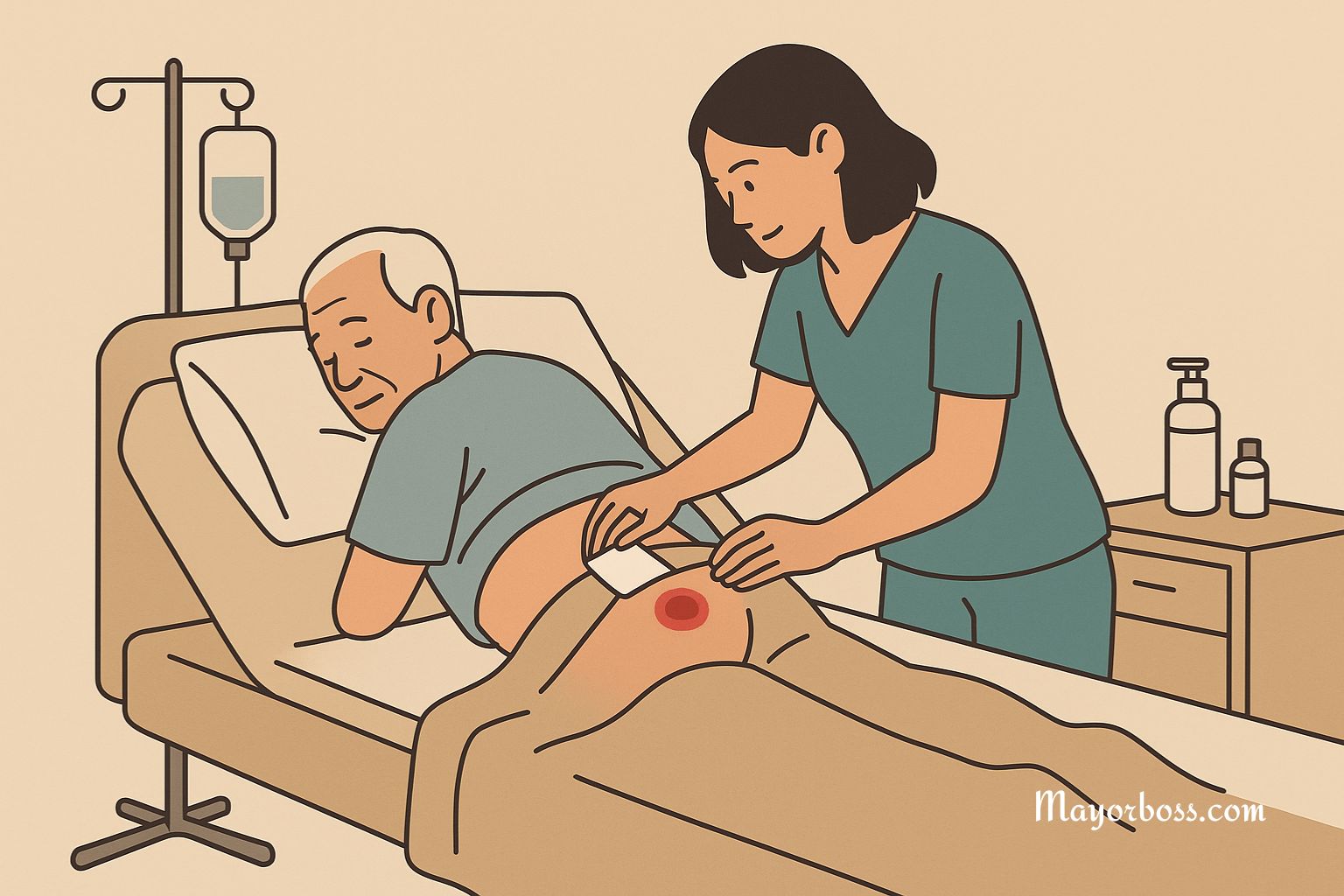6 Silent Signs Your Lungs Could Be in Trouble
When it comes to our health, it’s easy to focus on the most common issues like colds, allergies, or the occasional stomach ache. However, we often overlook the health of a vital organ – our lungs. Just like any other part of your body, your lungs can tell you when something isn’t right, sometimes through subtle, silent signs that are easy to miss. In this article, we will take a look at six silent indicators that might suggest your lungs could be in trouble. Paying attention to these signs is crucial, as early detection can make a remarkable difference in treatment and outcomes.

1. Persistent Cough
If you find yourself coughing for weeks on end, it’s not just annoying—it might be more than just a leftover symptom from a cold. Indeed, a cough that lingers for more than three weeks without any obvious reason could be a silent alarm from your lungs, signaling a problem such as infection, chronic bronchitis, or even lung cancer. Therefore, listening to this subtle message and consulting a healthcare provider can help catch potential issues early on.
2. Shortness of Breath
You might notice that you’re short of breath after climbing a flight of stairs or after a short walk. While it’s normal to feel out of breath after intense physical activity, experiencing shortness of breath during routine activities is not something to brush off. In fact, this could be a sign that your lungs are struggling. Diseases like asthma, COPD (Chronic Obstructive Pulmonary Disease), or even heart conditions can manifest as breathlessness. So, if you’re gasping for air more often than usual, it’s a good idea to have your lungs checked.
3. Unexplained Weight Loss
Losing weight without trying might seem like a welcome surprise, but it can actually be a cause for concern, especially when accompanied by other lung-related symptoms. Unexplained weight loss could be a silent whisper from your body, indicating an underlying health issue such as lung cancer or a chronic infection. Therefore, if the pounds are dropping off without any change in your diet or exercise routine, it’s time to pay attention and seek medical advice.
4. Chronic Mucus Production
Mucus plays a critical role in your respiratory system by trapping and pushing out pollutants and germs. However, consistently producing a large amount of mucus, especially if it’s discolored, could be a sign that your lungs are fighting an infection or dealing with a chronic condition like bronchitis. Therefore, if you’re constantly clearing your throat or spitting up phlegm, it’s a signal worth listening to.
5. Wheezing
Wheezing is that high-pitched whistling sound you might hear when you breathe. It’s not just a quirky body noise; it’s your lungs telling you that something is blocking or narrowing your airways. Conditions like asthma or COPD can cause wheezing, so if you’re experiencing this sound regularly, especially if it’s new or worsening, it’s important to consult with a healthcare provider.
6. Chest Pain
Experiencing chest pain, particularly when you breathe in deeply or cough, is not something to take lightly. While chest pain can have many non-lung-related causes, when it’s associated with breathing, it’s a clear sign that your lungs could be in distress. It could be an indication of a lung infection, pneumonia, or even a pulmonary embolism, all of which require immediate medical attention.
Frequently Asked Questions
1. Can lung problems heal on their own?
In some cases, mild infections or issues may resolve with time and rest. However, many lung conditions require medical intervention to improve and to prevent further damage. Always call your healthcare provider for a proper diagnosis and treatment plan.
2. How can I reduce my risk of lung disease?
You can significantly reduce your risk by not smoking, avoiding secondhand smoke, minimizing exposure to pollutants, staying active, and getting regular health checkups that include lung function tests.
3. Are lung issues always serious?
While not all lung issues are life-threatening, they can significantly impact your quality of life and may worsen if left untreated. Therefore, it’s important to take any changes in your lung health seriously and seek medical advice.






